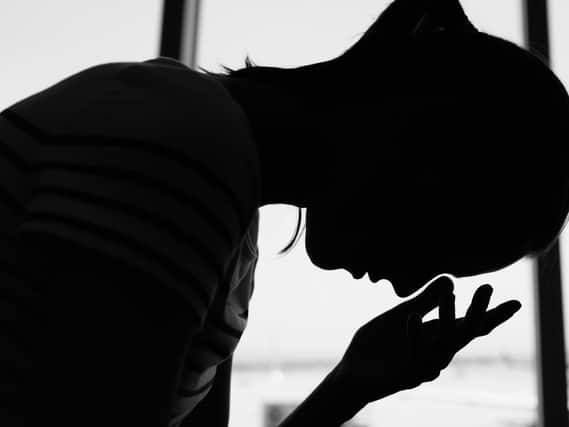Lockdown loneliness should be used to 'create connected communities'


New research by the Office for National Statistics showed almost a third of people - the equivalent of 7.4m Brits - said their wellbeing had been affected by feelings of loneliness in the first month of the coronavirus lockdown.
Young people were more disproportionately affected, being twice as likely as baby boomers, those aged from 55 to 69, to experience loneliness.
Advertisement
Hide AdAdvertisement
Hide AdLonely people were also more likely than others to struggle to find things to help them cope and were less likely to feel they had support networks to fall back on, the researchers found.
Social isolation has come to the national attention more than ever before since the pandemic began, with the Government pledging £5m into new efforts to loneliness, and Minster for Loneliness Baroness Diana Barran telling the Yorkshire Post, which has campaigned on the issue since 2014, there was much that could be learnt from how charities responded to the crisis.
Iona Lawrence, from the Connection Coalition, which brought together more than 300 charities and organisations by the Jo Cox Foundation is response to the social isolation crisis, said the ONS research shone a light on the complexities of the challenge of tackling loneliness, and that more needed to be done to tackle the mental health effects of isolation.
She said: “This time has been quite binary in that, for some people, they have created meaningful connections - met their neighbours for the first time and reconnected with family, but for others, it has been a time of extreme loneliness. We have heard stories of incredibly creative ways in which people have tackled their loneliness, from pulling down garden fences to share a cup of tea with their neighbours to endless Zoom calls.
Advertisement
Hide AdAdvertisement
Hide Ad“However, we need to be clear about the costs of loneliness and the £5m committed by the Government needs to be the beginning, not the end, of the support for loneliness causes.
“Now is the time to refocus and create truly connected communities.”
The ONS research showed that 50.8 per cent of those aged 16 to 24 said they were lonely during the lockdown. By contrast, just under a quarter (24.1 per cent) of people aged 55 to 69 who reported their wellbeing as being affected by the lockdown said they had felt lonely.
The oldest age band, those aged 70 and over, were no less likely than average to report lockdown loneliness.
Advertisement
Hide AdAdvertisement
Hide AdSingle and widowed people were more likely to feel lonely during lockdown, as well as those who are divorced or separated from a civil partner.
Dawn Snape, assistant director of sustainability and inequalities division, ONS, said: "The Office for National Statistics has been researching people's well-being for nearly a decade, providing a different perspective on how our country is doing, and on social inequalities.
"Lockdown affected everyone, but responses differed. During that first month, the equivalent of 7.4 million people said their well-being was affected through feeling lonely.
"'Lonely' people were more likely than others to be struggling to find things to help them cope and were also less likely to feel they had support networks to fall back on."
Time for connection
Advertisement
Hide AdAdvertisement
Hide AdThose who were already suffering from loneliness have had their feelings exacerbated by the lockdown, Kim Leadbeater has said.
The campaigner, who is ambassador for the Foundation bearing her late sister, the MP Jo Cox’s name, said: “It is sad but not surprising that so many people have felt lonely during lockdown.
“We knew that loneliness was a problem prior to the pandemic and sadly the current crisis has exacerbated feelings of loneliness and social isolation for many people.”
The Jo Cox Foundation re-imagined its annual Great Get Together for the lockdown period, with virtual events set to encourage people to stay connected and “celebrate the power of community” due to take place this June 19 to 21.